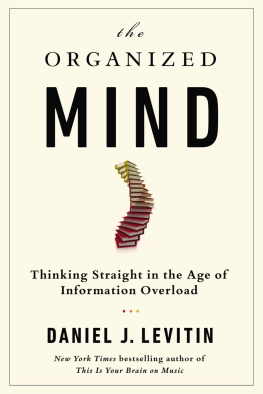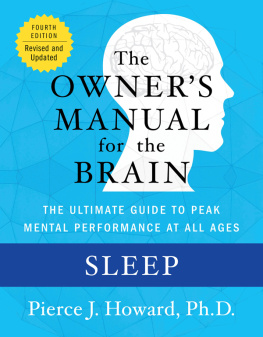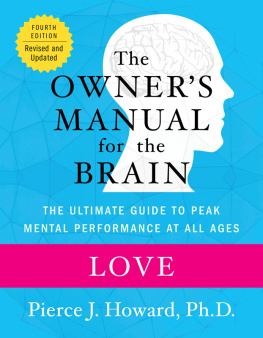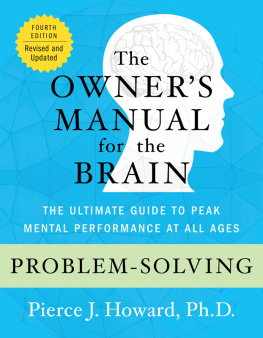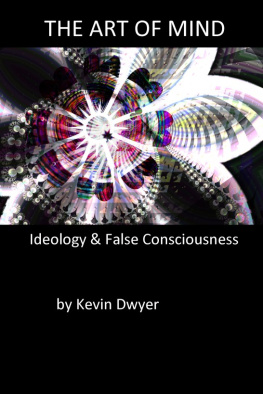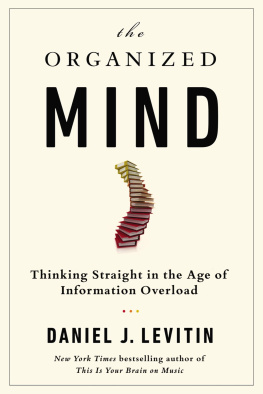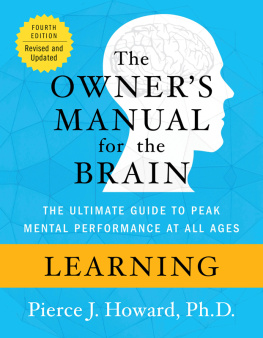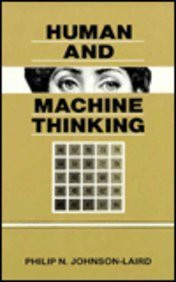As a first-time author, realizing the number of people who contribute to writing a book has been eye-opening. Writing one from prison, where resources are scarce and even some research material is considered contraband by the designated authorities, especially increases the number of people involved. During much of the time I spent on this project, I was earning less than $50.00 a month and could only access the internet and use e-mail vicariously. It is for this reason that I owe my sincere gratitude to the many people who helped me navigate through the difficulties of making this project a reality. In acknowledgment sections, authors often make the claim that the book could not have been brought to fruition without the help of their supporters. In this instance, the sentiment could not be truer.
Without so much as a single complaint, hesitation, or moment of procrastination, David Reid bought me so many books, sent so many e-mails on my behalf, relayed so many messages, looked up so much information on the internet, and helped battle the prison administration when necessary that this project wouldve been dead in the water without his unfaltering help and friendship. Similarly, one of my most loyal friends, Janice Rice, was also instrumental in helping me get books and other research materials. The same goes for my good friends Matt Summers and Matthew Shaw, and for my wonderful mother, Janet Marshall, who all helped with the constant supply of books; research materials; e-mails; internet searches; finding, printing, and mailing scholarly papers; and the encouragement I needed to keep at it.
I also owe a huge thank you to Jake Bonar, Jonathan Kurtz, Nicole Carty, and everyone else at Prometheus Books for taking interest in this project, tirelessly fixing my mistakes, and working with me on deadlines to give it the final polishing touches it desperately needed. Ive been over the manuscript so many times that any errors or omissions herein are strictly mine.
Professor Robert Blaskewicz of Stockton University was the first academic who accepted my invitation to look over this project. After committing to reading one chapter and providing some feedback, he ended up going over several drafts of the manuscript. Professor Blaskewicz is also responsible for much of why this book even exists. His style of pedagogy, breadth of knowledge, willingness to contribute, and critical examination of my work were huge contributing factors to making the book possible. From the start, Professor Blaskewicz provided extremely valuable feedback, and his ability to kindly offer criticism and tell me when Im dead wrong is as impressive as it is appreciated.
Another big help was the late Richard Ford, professor emeritus of the University of TexasEl Paso, who read the entire manuscript twice over and select chapters several times over. Professor Fords mastery-level understanding of English, grammar, and linguistics, along with his countless tips, pointers, and much needed feedback and criticism, was instrumental in the development of the manuscript. His patience, feedback, and willingness to provide in-depth explanations on grammatical and linguistic questions really improved the quality of both my writing as well as this book.
In no particular order, I would also like to thank Professor Bob Baugher of Highline Community College, Professor Emeritus Christopher French of the University of London, Dr. Elizabeth Loftus of the University of CaliforniaIrvine, Professor Clyde Herreid of the University of Buffalo, Professor Emeritus Ted Goertzel of Rutgers University, Professor Robert Colter of the University of Wyoming, Professor Kevin Folta of the University of Florida, and Professor James Caldwell of the University of Wyoming for reading draft versions of the entire manuscript or select chapters and keeping me motivated with their feedback and encouragement.
Perhaps a bit surprisingly, and a little begrudgingly, I also owe the Wyoming Department of Corrections a shout-out for having more research tools available for the prison population than many prisons around the country offer.
Finally, I want to thank Professor Steven Novella of Yale University School of Medicine. While not directly involved in this project, Professor Novellas lecture series Your Deceptive Mind: A Scientific Guide to Critical Thinking Skillswas the impetus behind getting this book off the ground, and if I had never watched that lecture series, this book would most assuredly not have been written.
Aaen-Stockdale, C. (2012). Neuroscience for the soul. Psychologist, 25(7), 52023.
Abakalina-Paap, M., Stephan, W. G., Craig, T., et al. (1999). Beliefs in conspiracies. Political Psychology, 203, 63747.
Abell, G. O., & Singer, B. (Eds.). (1983). Science and the paranormal: Probing the existence of the supernatural. New York: Scribners.
Alcock, J. E. (2018). Belief: What it means to believe and why our beliefs are so compelling.Amherst, NY: Prometheus.
Alcock, J. E., & Otis, L. (1980). Critical thinking and belief in the paranormal. Psychological Reports, 46


